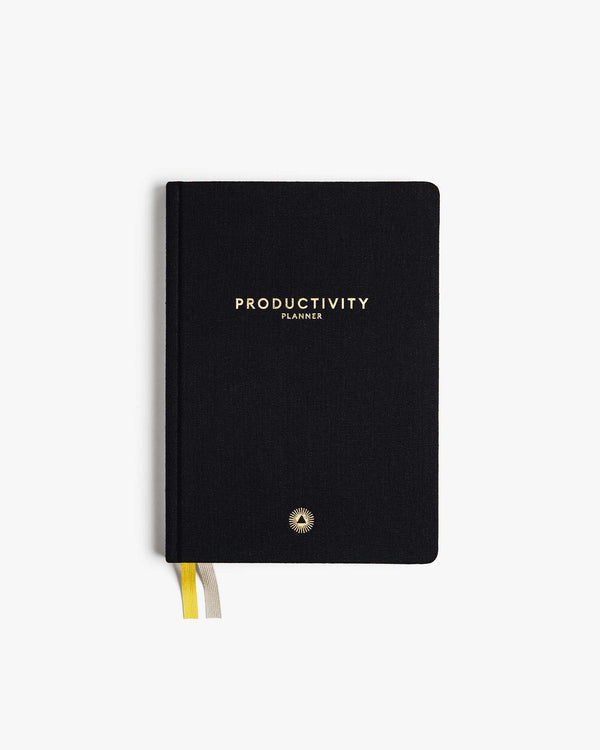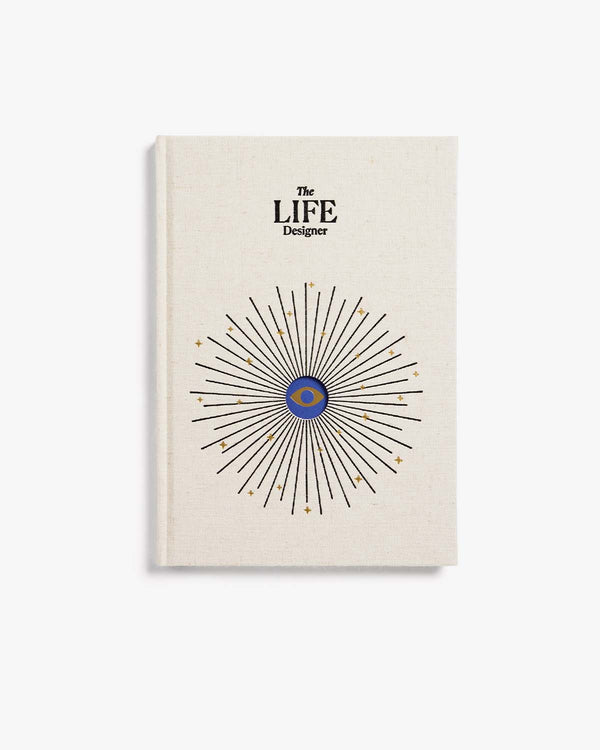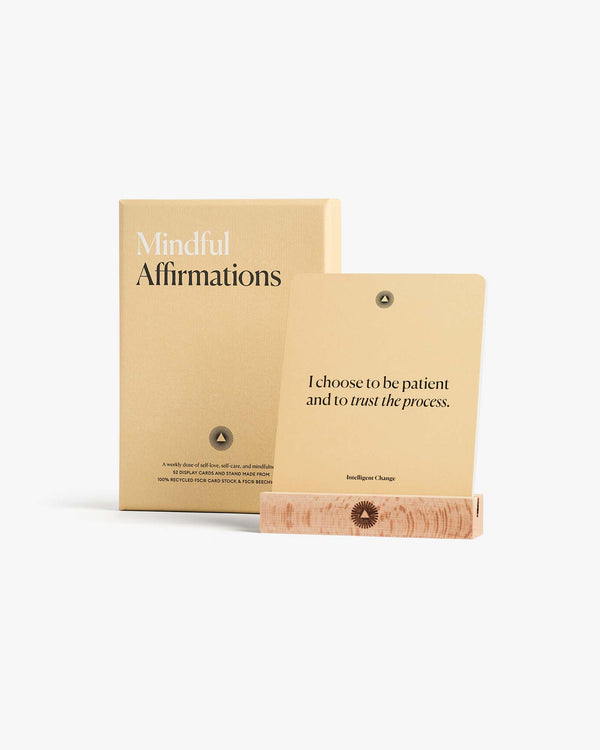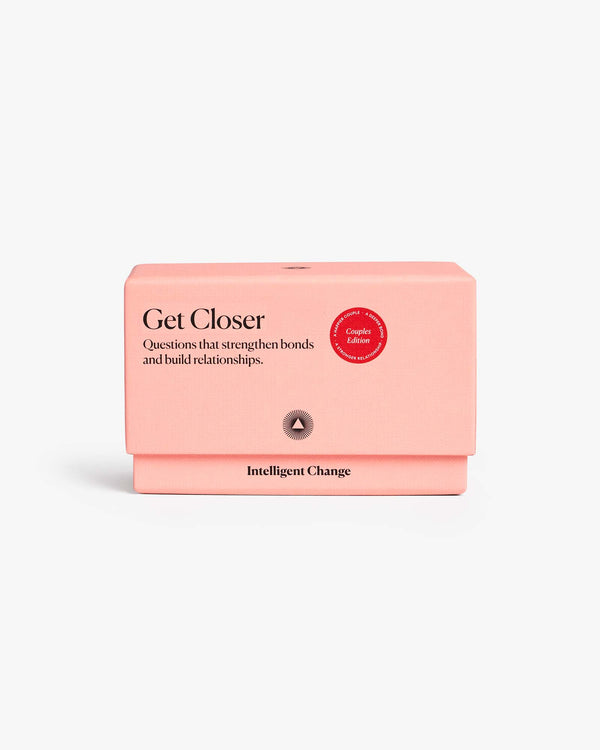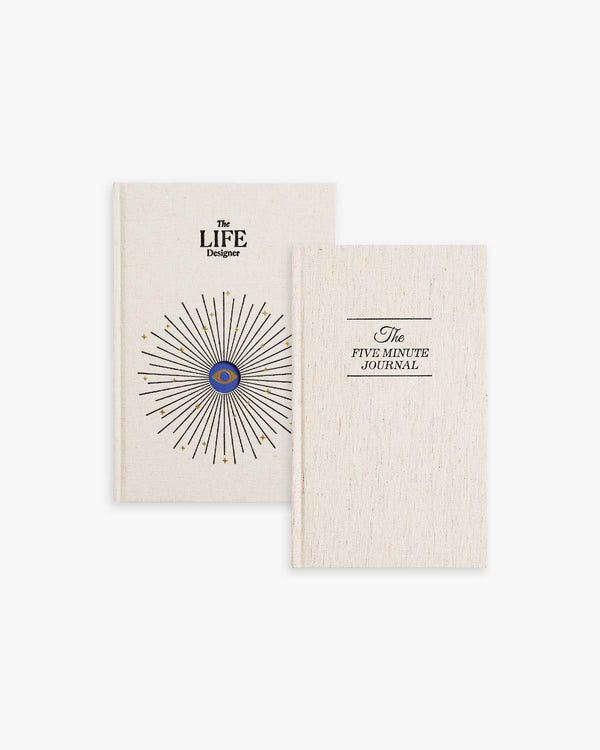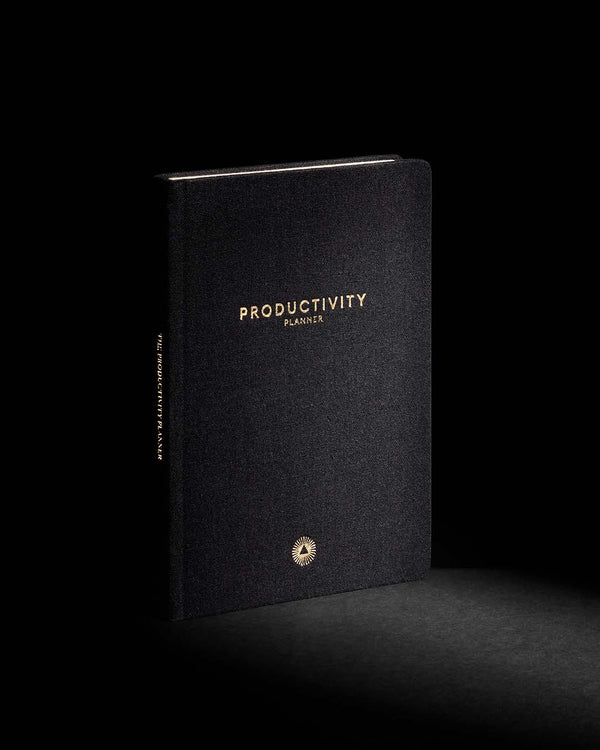5 Questions to Prioritize Better and Reach Your Goals Quicker

Richard Branson, Emily Weiss, and Sara Blakely don’t work more hours than you. Smarter? More efficient? Perhaps. What we do know is all have succeeded by doing hard work.
Not hard work as in they threw more hours at the wall, pulling all-nighters and working weekends. Hard work as in they rewrote rules, changed systems, and tried risky projects. They did emotionally hard work.
This requires asking better questions, cutting off the fat from your to-do list, so you can get more impactful work done in less time.
Without further ado, here are 5 questions to prioritize better and reach your goals quicker.
1. If I could only work half the amount of hours I currently work, how would I get my work done?
As Parkinson’s law states, “work expands so as to fill the time available for its completion.” This explains why school work assigned weeks ago somehow magically gets done on Sunday night before the due date.
In essence, this question asks, what are you really getting paid to do?
This means shifting from a perspective of tasks you want to do versus the vital few tasks that are actually important for advancement. How do you identify these tasks? For starters, assume you do not know.
If you work for an organization, you can ask your direct superiors: “What would I need to do get to < some desired advancement >?”
For outside of work, try to decode the success habits from people who have already achieved what you are pursuing aka the Tim Ferriss method.
Create a list of people to interview. Find out who is the best (or second best) in the world who currently is not in the spotlight, since those who currently are get bombarded with requests. Or search Google for your (insert city) and (insert) discipline.
Then come to the table with something to offer. If you have a blog, newsletter, or podcast, perhaps you can offer them publicity. Or if you do not, offer a genuine compliment about their work (do your homework!) and stick with 1-2 questions:
“What are the biggest wastes of time in (discipline)?”
“If you were to train me for four weeks for (fill in the blank) and had a million dollars on the line, what would the training look like?”
At the very least, do a Google search for unconventional success stories in (field) and see what steps they took.
2. Instead of asking, “How much time will this task take?” ask, “How much time do you want to spend?
How many times have you estimated something will take 30 minutes that winds up taking an hour or longer?
If you set a fixed amount of time, you are deciding in advance to prevent this. A variant of question one, this question forces you to get clear on cutting out the non-essential.
But what if you are given an “impossible” deadline; you know something will take 10 hours, but somebody asks you to do it in 1 hour?
At the very least, run the thought experiment of how you hypothetically could do it.
If it truly can’t be done (i.e. create a beautiful, modern 50-page website in 1 day...yeah right!), time to let the requester know they need to readjust their expectations.
3. What ‘lateral’ opportunities can help me progress faster?
Ryan Holiday, best-selling author of Obstacle is The Way and Ego is the Enemy, became director of marketing for American Apparel, a multi-hundred million dollar company, at age 21. This position is usually reserved for someone with 10+ years of experience. How’d he do it? Six degrees of Kevin Bacon.
Ryan wrote for his school newspaper and wrote an in-depth article profiling someone he admired: Tucker Max. Tucker, liking Ryan’s article, asked to work with him. Tucker happened to be connected to Robert Greene, author of the 48 Laws of Power. This led Ryan to being Greene’s research assistant. Robert also happened to be a friend to Dov Charney, the then CEO of American Apparel. You know what comes next.
Of course, Ryan did not know he’d wind up at American Apparel when initially contacting Tucker Max. In hindsight, I put a nice linear bow on his story of right place, right time. What Ryan did have was a grand strategy.
He knew his end goal was to have a career in writing. Ryan then sought opportunities with powerful, connected people aligned with his goal. AND (the key part), he did damn good work. None of Ryan’s advancement would have happened if he did not provide tremendous value to those he was serving.
But how do you identify your grand strategy if you don’t know it...
4. You have 7 years left to live, how will you spend it?
If you knew you had 6 months to live, it might be, “Goodbye job, hello Hawaii!” starting tomorrow.
But 7 years?
It’s long enough where you’ll still have to do something, but short enough where how you use your time becomes much more focused.
When you look back on your life, what do you want to get remembered for?
If somebody wrote about you, what would you want them to say you were skilled at?
What does your ideal day look like? Is there someone you admire already living a version of it you can model?
5. What industry / company / client can I leverage my skills more effectively?
I have this friend who takes off about 3 months a year in a corporate job. His work is relatively stress free and pays really well. He’s in software, which these days, certainly helps. But he also leveraged it by selecting an industry (Fintech) to make his situation possible.
Here’s another scenario. Freelancer starts out taking any job to bring in money. Inevitably, a low-paying, difficult to work with client comes on board (why are you not answering my call at 2am on Sunday night!). Freelancer fires terrible client, puts new boundaries in place, and only works with those who respects their work. They now bring in more money in less time with less stress. #thedream
Now of course, this is also a soul-searching question.
You could be a software engineer that could care less about Fintech and may go against your values. A public school teacher could become a Fortune 500 corporate trainer and make 5x their salary. You may be a graphic designer who loves working with small business owners when you know you could make more money working with VC backed Silicon Valley tech startups.
It’s perfectly ok to optimize for your version of happiness, independent if you could make more money or gain more prestige.
As the adage goes, if you want things to turn out differently, you need to take different actions. Rarely will hustle be enough.
If you can do the hard emotional work that these questions require, you can advance quicker with less stress down the road.


